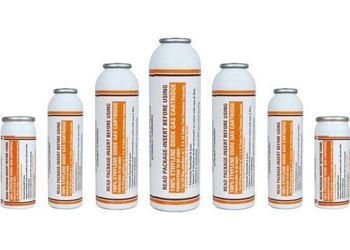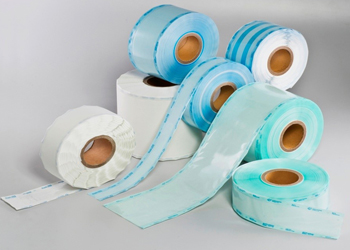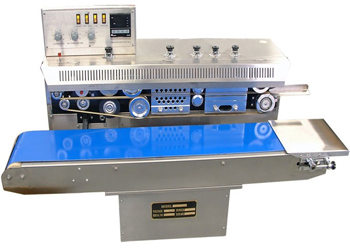A hospital grade sterilizer is a type of sterilizer that can sterilize personal items such as utensils and other medical supplies. It uses pressurized steam to produce the high temperatures necessary to destroy bacteria. Unlike an ordinary dishwasher, hospital-grade sterilizers can disinfect instruments at a lower temperature. The results are less risk of contamination, and the products remain sealed in pouches until they are ready for use.
Some hospital sterilizers use autoclaves to sterilize dental instruments. Others use steam sterilization. These are used in hospitals for very toxic medical waste, such as blood and other body fluids. To ensure the sterility of the equipment, these sterilizers must meet certain standards. However, there are other alternatives, including incineration. While incineration isn’t a recommended option, it is still an effective means of sanitizing medical waste.
A hospital grade sterilizer should be used only for use in hospitals. The device should be able to clean up a large blood spill, but it is not appropriate for personal hygiene purposes. It is also not appropriate for use in hospitals that treat patients. The disinfectant should also be safe for patients, but it is best to consult a doctor before using one. There is a wide range of steam sterilizers available. Choosing a machine that meets these criteria is essential for ensuring a sterile environment.
A hospital-grade sterilizer is essential for the sterility of surgical equipment. It is recommended to use a Hospital-grade sterilizer when using an emergency medical device. This type of medical device should be kept as cool as possible, as this prevents infection. There are many different types of hospital grade sterilizers. You can choose the one that is most suitable for the particular item in your hospital. You can also find an alternative to a steam sterilizer, if you are unable to do so.
A hospital-grade sterilizer has a higher temperature than a home-grade sterilizer. It is safe and effective. Its use is recommended in hospitals. This type of sterilizer is safe for patients and staff. Its safety is guaranteed by a high standard. It is recommended for hospitals to follow all health regulations. Aside from that, it has the added benefit of being compatible with various types of medical equipment.
The process for sterilizing medical equipment should be simple and quick. In the end, a sterilizer can be as effective as a hospital-grade hand wash. A hospital-grade sterilizer has the same properties as a pharmacy-grade hand wash. The only difference between a home-grade sterilizer and a hospital-grade sterilizer is the price. A pharmacy-grade sterilizer costs more than a pharmacy-grade one.
Moreover, hospital-grade sterilizers use oxygen and water to make them safe for the environment. The oxygen-rich environment in a sterilizer can also cause a negative effect on people. Its temperature is too high for a home-grade sterilizer. Consequently, hospitals-grade sterilizers are recommended only for the use of the sterile environment in hospitals. The vaporized hydrogen peroxide is safer for the environment than the diluted form.
The hospital-grade sterilizer can be used in hospitals and clinics. It is a convenient and cost-effective way to sterilize instruments and equipment. A sterile medical device will work well if the materials are compatible with the FDA’s standards. It must be tested by a laboratory or a hospital-grade sterilizer to be safe for use. If a dental implant is not sterile, the FDA will reject it.
Using a hospital-grade sterilizer will prevent infections. The medical device will not fall into contact with a germ. Instead, it will not withstand the sterilizer’s heat. During the process, the steam is vaporized and the sterilizer will work safely. In addition, the hospital-grade sterilizer will be able to make various kinds of devices sterile. In order to make a hospital-grade sterilizer, hospitals must follow guidelines that state the temperature and duration of the process.
Several health care facilities perform invasive procedures. These procedures have high risks of introducing a pathogen into the body. As a result, it is important to sterilize medical devices in a hospital to prevent infection. If the equipment is not sterilized, it will not be sterile. This is the reason why a sterilizer is vital in hospitals. Its effectiveness will be based on the type of the equipment used.





